
Read now to avoid these foods
1. Foods That Can Interfere with Calcium Absorption
While many foods are rich in calcium and beneficial for bone health, others can hinder calcium absorption or increase its excretion. These include:
-
High-Sodium Foods:
- Excessive salt intake can lead to calcium loss through urine. Processed foods, canned soups, and salty snacks are common culprits.
- High sodium levels affect the balance of calcium in the kidneys, increasing its excretion and potentially weakening bones over time.
-
Foods High in Oxalates:
- Certain plant-based foods, such as spinach, rhubarb, and beet greens, are high in oxalates, which bind to calcium and reduce its absorption.
- While these foods are healthy in moderation, pairing them with calcium-rich foods may mitigate their effects.
-
High-Phosphate Foods:
- Foods containing high levels of phosphate, such as sodas, processed meats, and fast foods, can disrupt calcium balance. High phosphate levels may interfere with the body’s ability to use calcium effectively.
-
Caffeine and Sugary Drinks:
- Excessive caffeine, found in coffee, tea, and energy drinks, may lead to calcium loss, especially when consumed in large quantities.
- Sugary drinks can also negatively affect bone density by altering calcium metabolism.
-
Alcohol:
- Heavy alcohol consumption can impair calcium absorption and disrupt hormones that regulate bone health, such as vitamin D and parathyroid hormone.
2. How These Foods Affect Calcium Absorption
The mechanisms through which certain foods and nutrients impact calcium levels include:
- Binding with Calcium: Substances like oxalates and phytates (found in whole grains and legumes) can bind with calcium, making it unavailable for absorption.
- Increased Calcium Excretion: Sodium, caffeine, and alcohol increase the amount of calcium lost in urine.
- Hormonal Disruption: Excessive intake of certain substances can alter hormonal balance, affecting the regulation of calcium in the body.
3. The Role of Calcium in Bone Health
Calcium is essential for maintaining bone density and preventing conditions like osteoporosis. Throughout life, bones undergo constant remodeling, with old bone tissue being broken down and replaced by new tissue. Adequate calcium intake ensures that this process remains balanced.
- Calcium Deficiency: When dietary calcium is insufficient, the body draws calcium from bones to maintain essential functions, leading to bone weakening over time.
- Osteoporosis Risk: Chronic calcium deficiency increases the risk of fractures, especially in older adults and postmenopausal women.
4. Strategies to Maintain Healthy Calcium Levels
To counteract the negative effects of foods that interfere with calcium, it’s important to adopt a balanced diet and lifestyle:
-
Consume Calcium-Rich Foods:
- Dairy products (milk, cheese, yogurt) are excellent sources of bioavailable calcium.
- Non-dairy options include leafy greens (kale, broccoli), fortified plant-based milk, tofu, and almonds.
-
Optimize Calcium Absorption:
- Pair calcium-rich foods with vitamin D sources (e.g., fatty fish, eggs, sunlight) to enhance absorption.
- Limit oxalate-rich foods or consume them with calcium sources to reduce their binding effect.
-
Reduce Sodium and Caffeine Intake:
- Minimize consumption of salty processed foods and limit caffeine to moderate levels (e.g., 1–2 cups of coffee per day).
-
Stay Physically Active:
- Weight-bearing exercises, such as walking, jogging, or resistance training, help maintain bone density and prevent bone loss.
-
Avoid Excessive Alcohol:
- Limit alcohol intake to moderate levels, as defined by health guidelines.
5. Who is at Risk for Calcium Deficiency?
Certain groups are more vulnerable to calcium deficiency and should pay extra attention to their dietary habits:
- Postmenopausal Women: Hormonal changes during menopause lead to increased bone loss.
- Older Adults: Aging reduces the body’s ability to absorb calcium efficiently.
- Individuals with Specific Diets: Vegans and those avoiding dairy may need alternative sources of calcium and supplements.
- People with Medical Conditions: Conditions like celiac disease or kidney disorders can interfere with calcium metabolism.
6. Conclusion
While certain foods can reduce calcium absorption or increase its loss, a balanced diet and mindful eating habits can help mitigate these effects. Calcium is a cornerstone of bone health, and maintaining adequate levels is crucial for preventing osteoporosis and ensuring overall well-being.
By understanding the impact of dietary choices on calcium metabolism and making informed decisions, you can protect your bones and support a healthier lifestyle. Remember to balance your diet, limit harmful substances, and prioritize calcium-rich and vitamin D-fortified foods for optimal bone health.
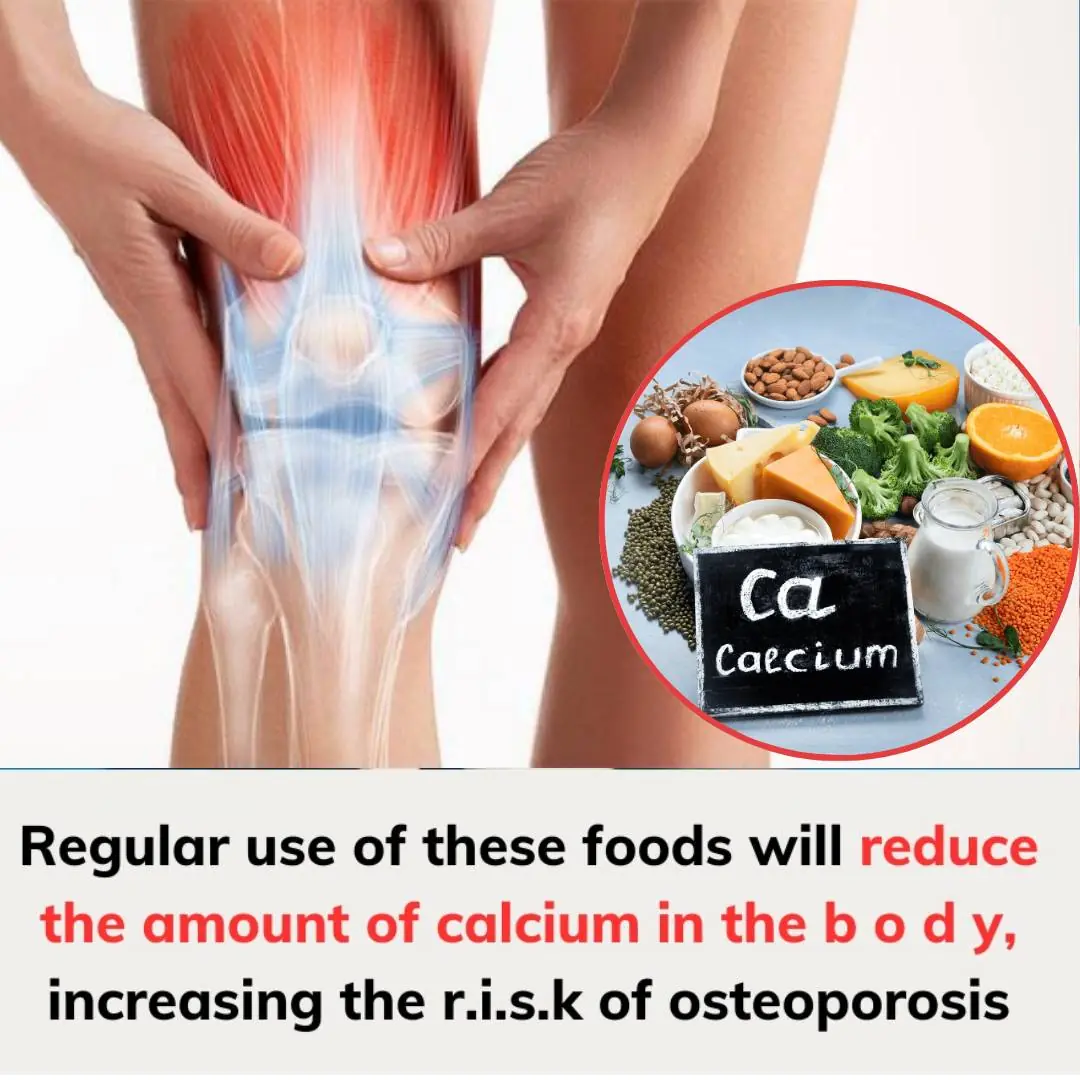
News in the same category


Two Hygiene Habits That “Wreck” the Inti.mate Area—Many Women Are Still Making These Mistakes

How to make banana vinegar with just 4 simple ingredients, you will have a delicious finished product

A plant with a distinctive aroma: Both a spice and a 'miracle drug' for health

8 Early Warning Signs of Nutrient Deficiency Written All over Your Body

Over 200 People Are Killed By The “World’s Deadliest Food” Every Year, But Almost 500 Million People Still Eat It

A 56-Year-Old Man Who Avoided Rice and Ate Only Vegetables Faces Unexpected Health Results

4 types of people who should avoid eating cabbage

What time should you shower to ensure your health and reduce the risk of stro:ke?
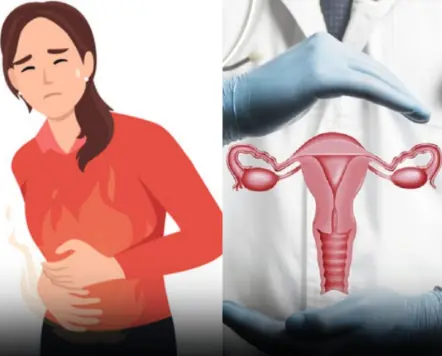
8 Early Warning Signs Of Ovarian Cancer You Shouldn’t Ignore

All The Things You Need to Know About Nighttime Urination And When To Start Worrying

Do You Sleep With Your Cat? You Could Be At Risk For This Silent, Deadly Disease
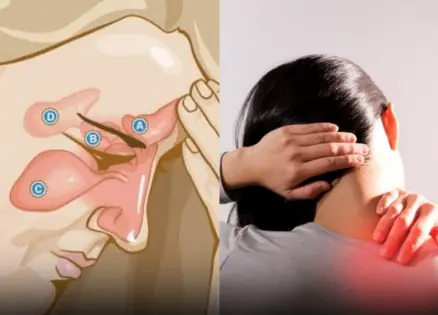
9 Early Signs of Diabetes You May Not Be Noticing

Eggplant is the king of vegetables but not everyone can eat it
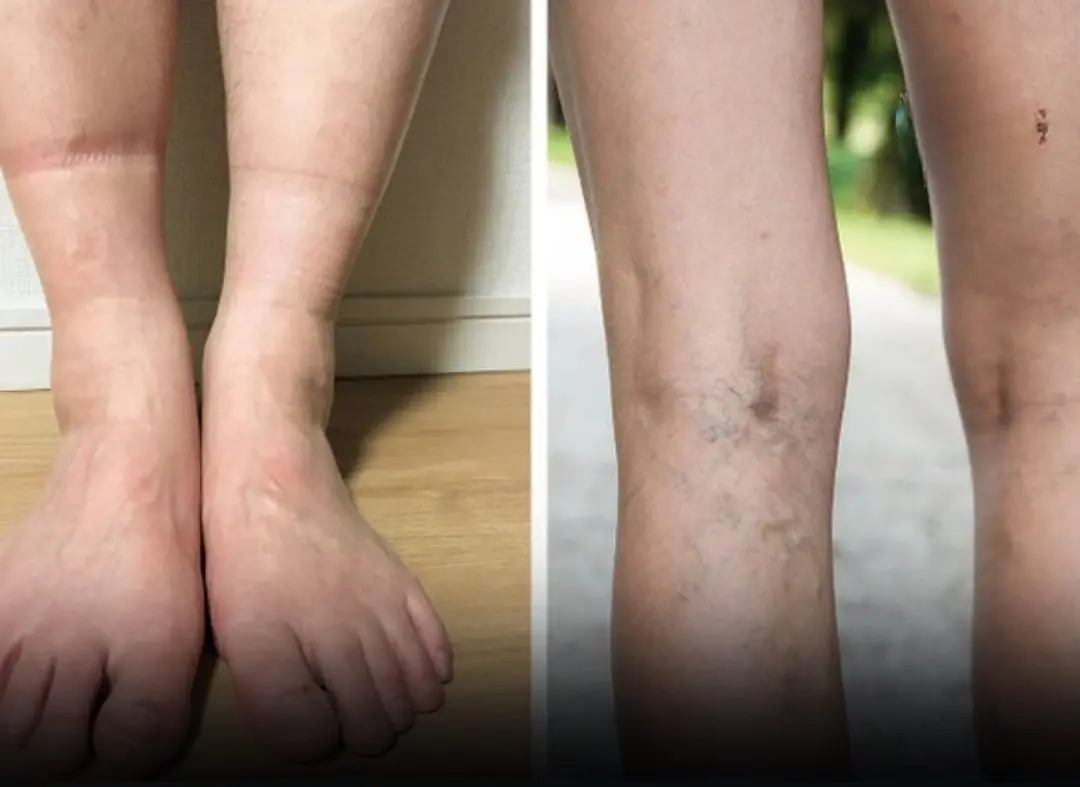
4 Possible Health Conditions Your Feet Could Be Signaling Through Sock Indentations
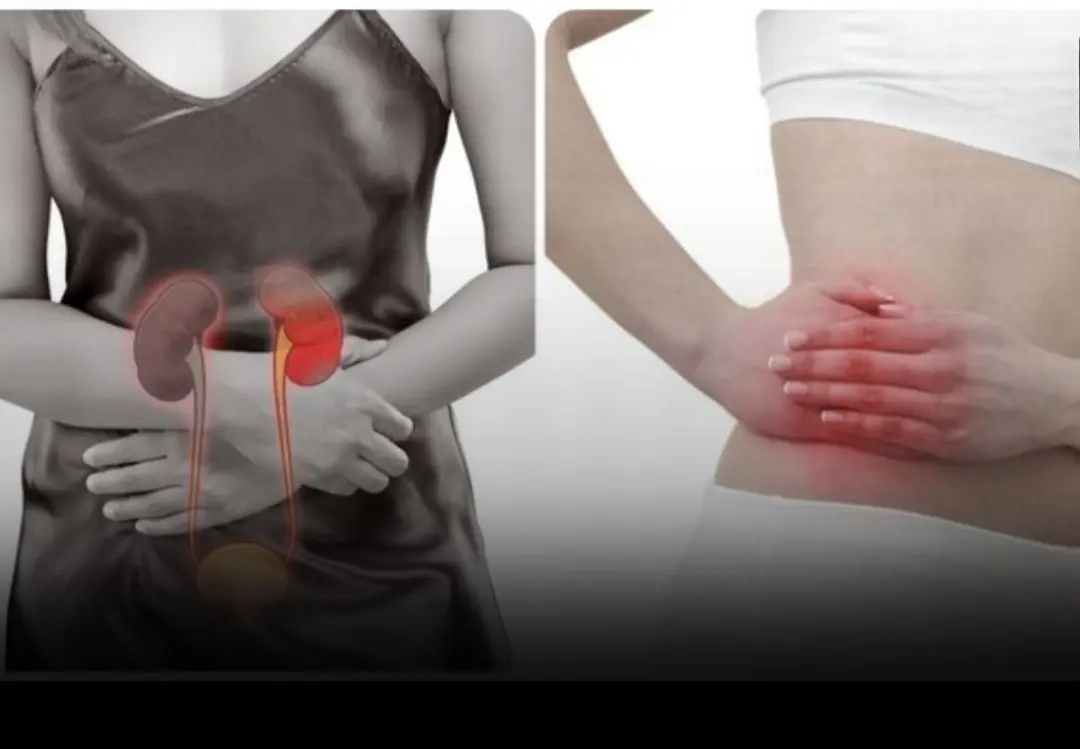
Recognizing early warning signs of kid.ney failure can greatly improve treatment outcomes.
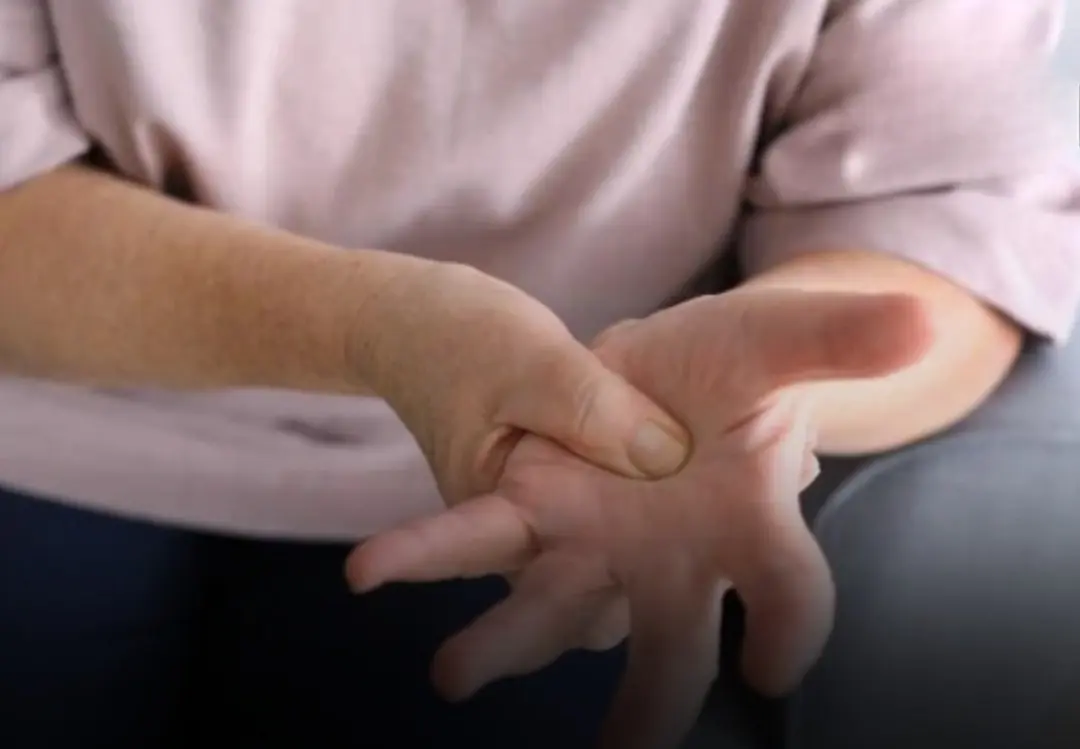
Your hands can reveal liver trouble — don’t ignore these shocking signs

Be Careful With Diabetes If You Often Experience These Signs

If You Notice Someone With Visible Veins, You Should Tell Them These Things

Improper Use of Nonstick Pans Raises Concerns Over ‘Forever Chemicals’ and Liver Cancer Risk
News Post

A handful of culantro for about 10–15 cents: a sto.mach soother and a helper for lowering blo.od fats

Two Hygiene Habits That “Wreck” the Inti.mate Area—Many Women Are Still Making These Mistakes

How to make banana vinegar with just 4 simple ingredients, you will have a delicious finished product

A plant with a distinctive aroma: Both a spice and a 'miracle drug' for health

A Step Many Think Makes Chicken “Clean” Actually Does the Opposite: Experts Everywhere Say Stop Immediately

8 Early Warning Signs of Nutrient Deficiency Written All over Your Body

Over 200 People Are Killed By The “World’s Deadliest Food” Every Year, But Almost 500 Million People Still Eat It

A 56-Year-Old Man Who Avoided Rice and Ate Only Vegetables Faces Unexpected Health Results

4 types of people who should avoid eating cabbage

4 simple and effective tips to clean yellow sweat stains on white shirts at home that anyone can do it

What time should you shower to ensure your health and reduce the risk of stro:ke?

8 Early Warning Signs Of Ovarian Cancer You Shouldn’t Ignore

All The Things You Need to Know About Nighttime Urination And When To Start Worrying

Do You Sleep With Your Cat? You Could Be At Risk For This Silent, Deadly Disease

9 Early Signs of Diabetes You May Not Be Noticing

Eggplant is the king of vegetables but not everyone can eat it

4 Possible Health Conditions Your Feet Could Be Signaling Through Sock Indentations

Recognizing early warning signs of kid.ney failure can greatly improve treatment outcomes.

Your hands can reveal liver trouble — don’t ignore these shocking signs
